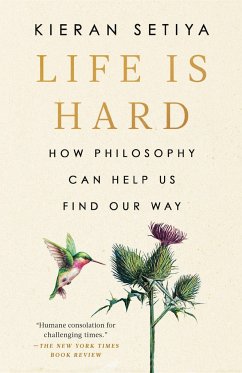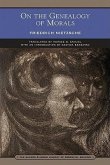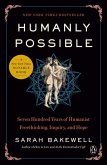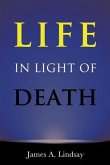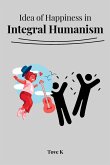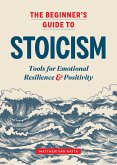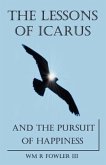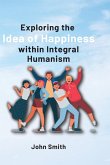"There is no cure for the human condition: life is hard. But Kieran Setiya believes philosophy can help. He offers us a map for navigating rough terrain, from personal trauma to the injustice and absurdity of the world. In this profound and personal book, Setiya shows how the tools of philosophy can help us find our way. Drawing on ancient and modern philosophy as well as fiction, history, memoir, film, comedy, social science, and stories from Setiya's own experience, Life Is Hard is a book for this moment--a work of solace and compassion. This book is about making the best of a bad lot. It offers guidance for coping with pain and making new friends, for grieving the lost and failing with grace, for confronting injustice and searching for meaning in life. Countering pop psychologists and online influencers who admonish us to 'find our bliss' and 'live our best lives, ' Setiya acknowledges that the best is often out of reach. Instead, he asks how we can weather life's adversities, finding hope and living well when life is hard."--

